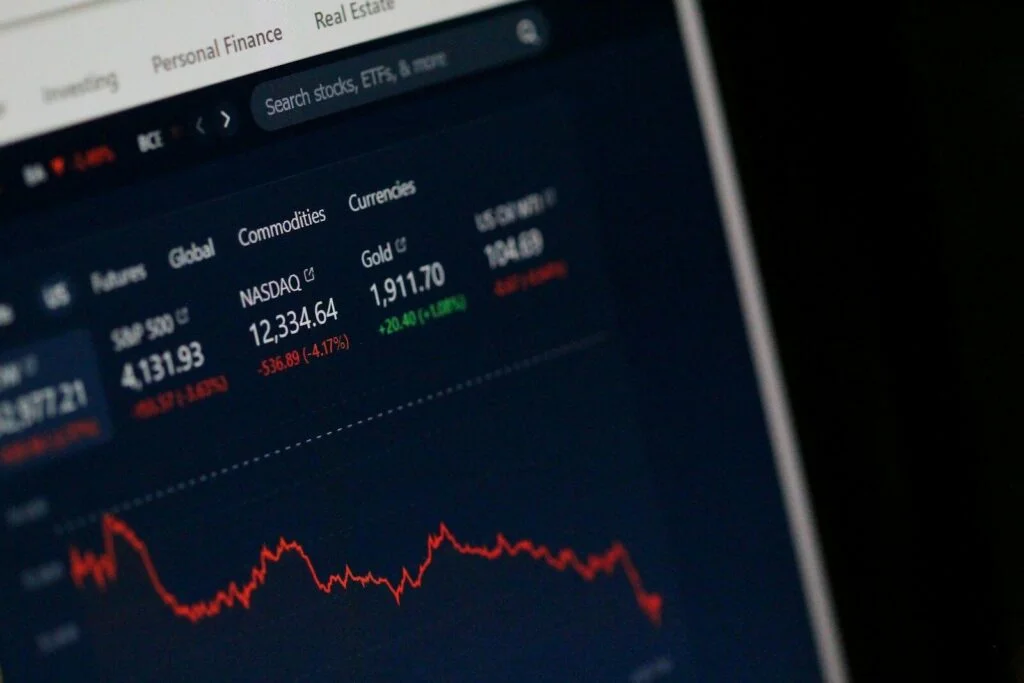Hot Air
Times have never been like they are now. No one can doubt that. The technology at our fingertips, as well as information we can access, has given rise to an unprecedented cacophony of signals and noise that are, in many cases, hot air.
Disinformation has become the de facto state of how we gain knowledge of the things around us. Although not always the case, this distorts our interpretation of the world.
Alien life form found studying philosophy in Virginia high school.

Donald Trump donates cash to the Central American refugee crisis.
Queen Victoria was really a man.
Tom Brady in Brazilian prostitution ring sting.
Michelle Obama never placed her hand over her heart during the national anthem.
FBI confirms George Soros was the funding migrant caravan.
While some of these read like they were taken out of the latest edition of the National Enquirer, one or two could definitely have the most gullible amongst us tweeting them; or, more worryingly, have us singing the announcements from the rooftops as the truth.
Fortunately, all are not true.
Welcome to the world of fake news.
Worries
All this has many serious heads worried, data scientists in particular.
‘Data is a precious thing and will last longer than the systems themselves.’
Do you know what an exabyte is?
An exabyte is one billion gigabytes.
That’s a huge amount of data. Latest statistics report that humanity currently produces about two and a half of these exabytes daily. Twitter posts. YouTube videos. Instagram and Facebook updates are adding to the bullshit we consume as reality.
And this post, too, isn’t helping the situation an I-O-TA.
Let me put it with a little bit more context: According to a claim made by the University of California, Berkeley School of Information in the early 2000s, all the words ever spoken by human beings in history could be stored in approximately 5 exabytes of data, though later claims estimated the number to be 42 zettabytes, which is 42,000 exabytes, so a bit off (this statistic was taken from Wikipedia, so I count on it not being a fabrication). Whatever the number, though, it just goes to show the exponential growth in terms of data we are producing, consuming and then storing.
Data science has become, well, a bonafide science in less than two decades. The computational power at our disposal has made the mass harvesting of information possible. Not since Johannes Gutenberg’s printing press in the mid-1450s have we seen such a mass dissemination of knowledge and data.
But a caveat to this is stockpiling data that is neither verifiable nor trustworthy is counter-intuitive to building an information system that can move humanity toward its destiny of intellectual improvement.
More data does mean more fake news, but how will we be able to sieve through the lies from the appropriate, truthful information?
It’s going to be hard if nigh on impossible with the current architecture at our disposal.
But there may just be a magic pill.

With quantum computing’s slow rise to preponderance, a caped crusader has entered the fray.
So how can the universal quantum simulator, first visualized by Richard Feynman and Yuri Manin in the early 1980s, help us sort through the interminable bullshit and make data science a discipline we can wholly rely on?
‘I do notice that people are declaring more and more fake news, where they go, ‘Fake news! I even see it in other countries. I don’t necessarily attribute that to me. I think I can attribute the term to me. I think I was the one that started using it, I would say.’
— President Donald Trump
Black Hats
First and foremost, we have to realize quantum computers, unlike the older, binary-bound models of old, are capable of solving the most complex calculations in a fraction of the time. This leads to a level of optimization and analysis of data that classical computers just can’t compete with.
From this, quantum computers — in theory at least — have the ability to detect and diagnose, through the analysis of varied patterns and sets, data created by black-hat players. Quantum computers would make ground meat of exabytes. They would chew ’em up, spit ’em out and churn ’em into content more to Trump’s taste.
Making the world, slight cough, a much better place to live in. Relevant quantum lyrics in this material world.
No dislikes. As it should be.
And that alone is something worth striving for, don’t you think?
As data science moves into the next epoch, there will be many changes to how the harvested data will be utilized. And we can only hope, with the assistance of quantum computers, the veracity and scope of the data mined can assist industries that have a vested interest in procuring the most reliable data sources out there.















